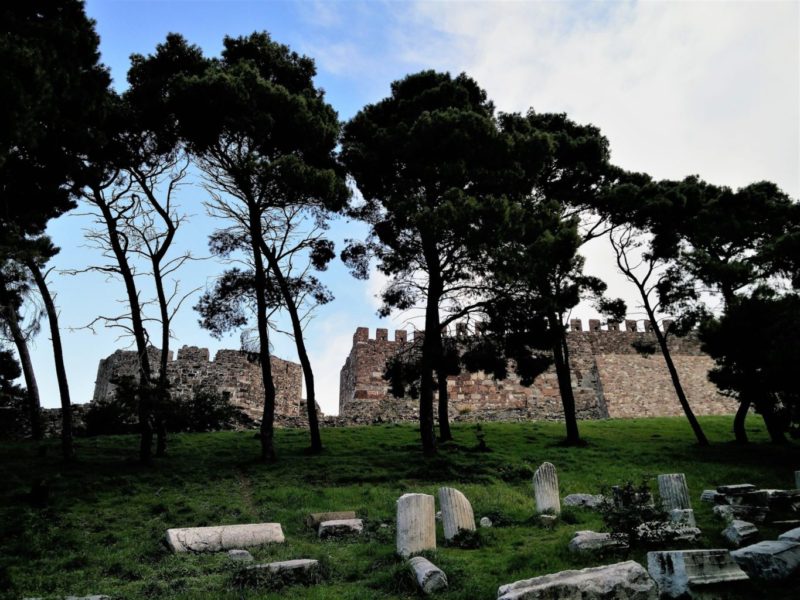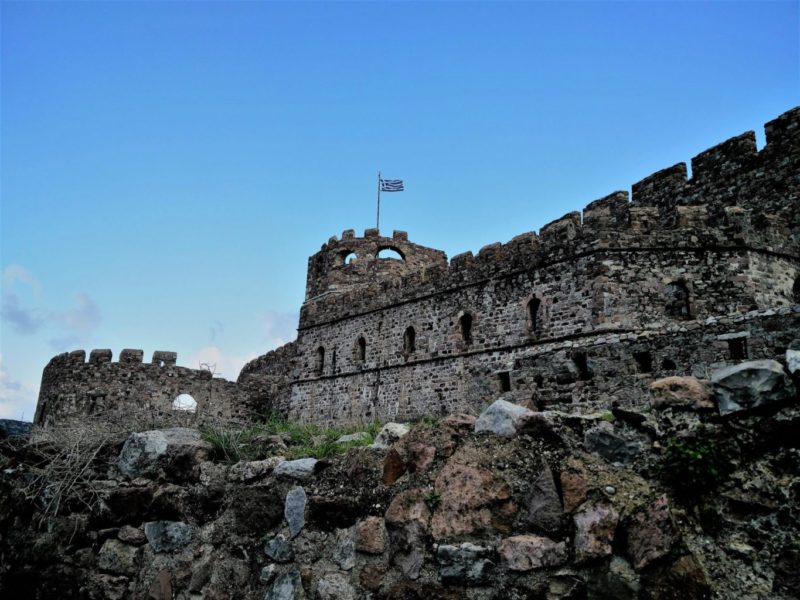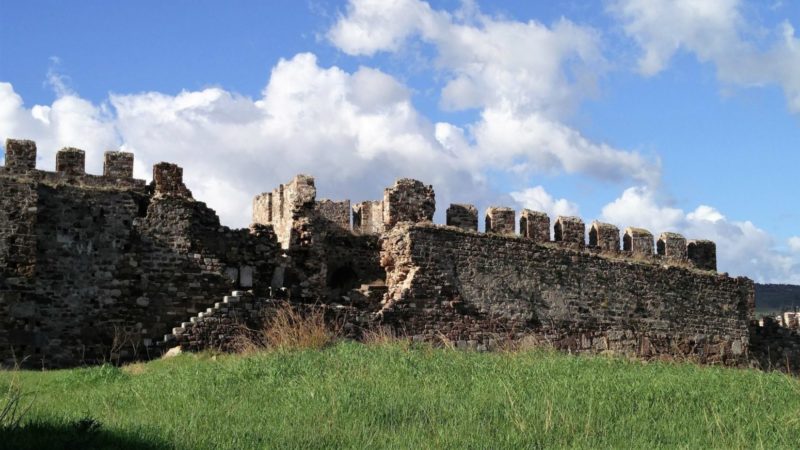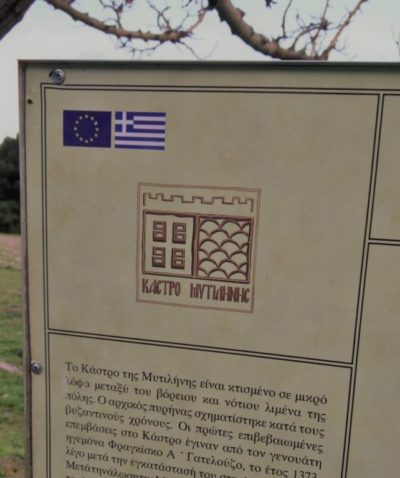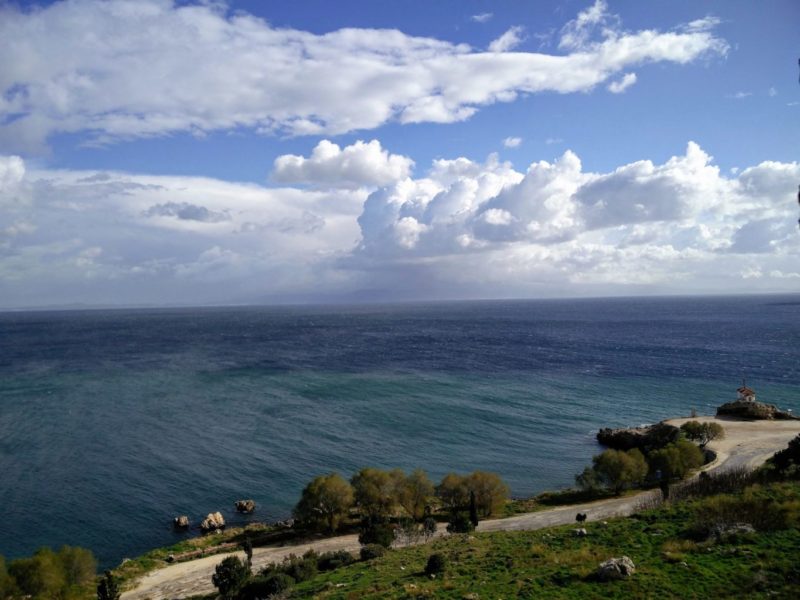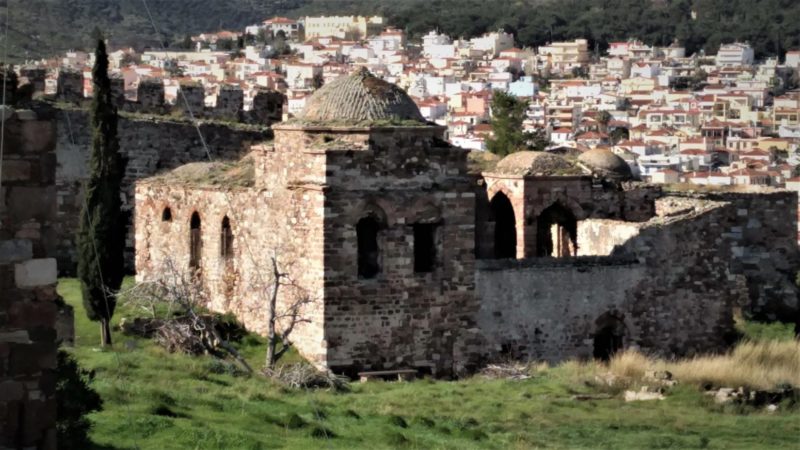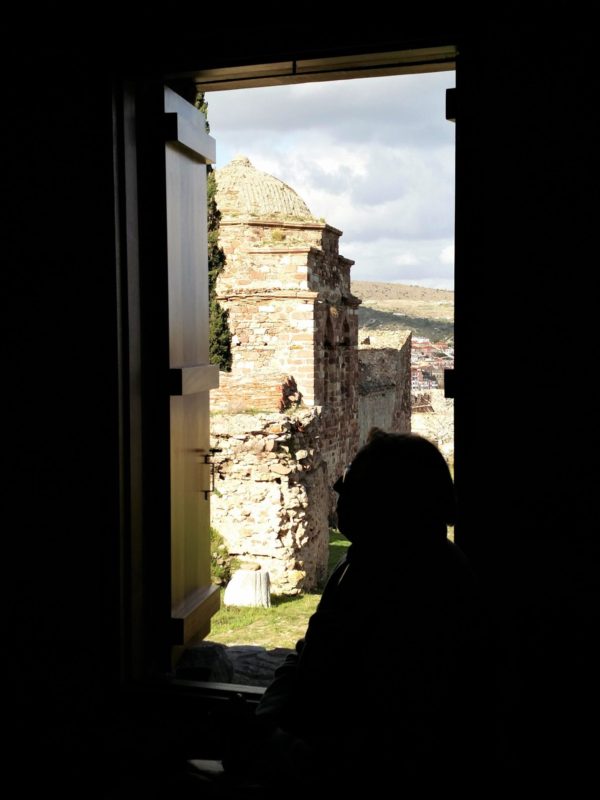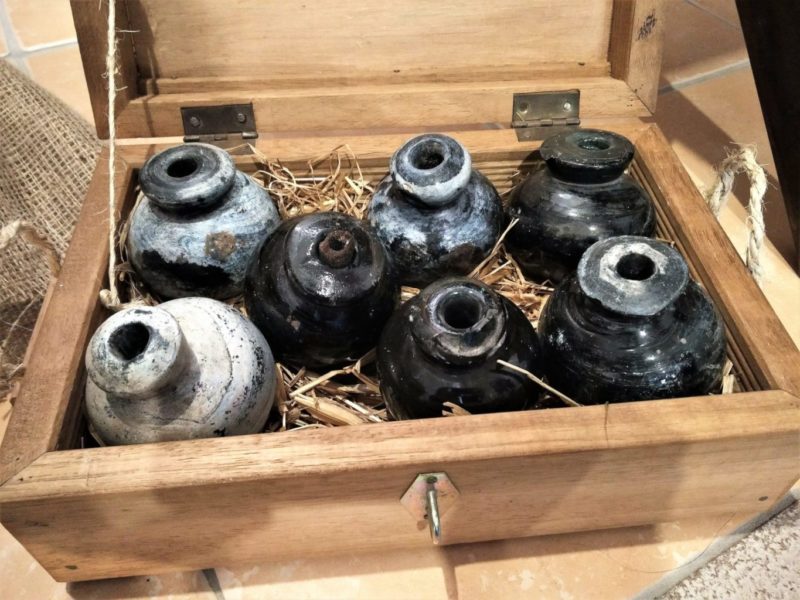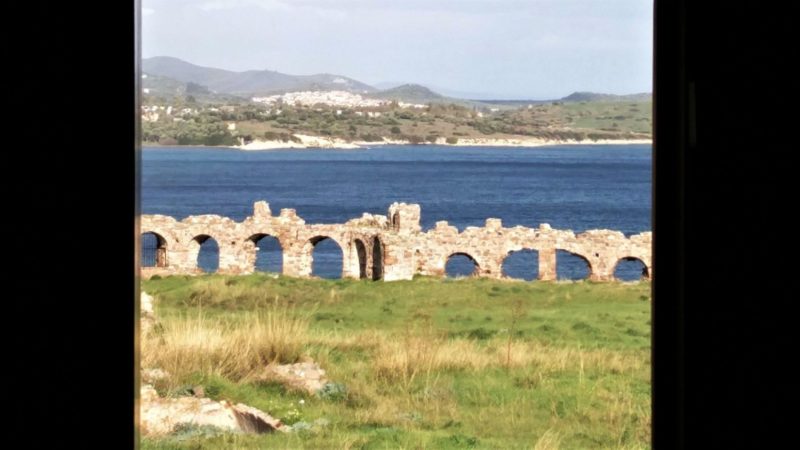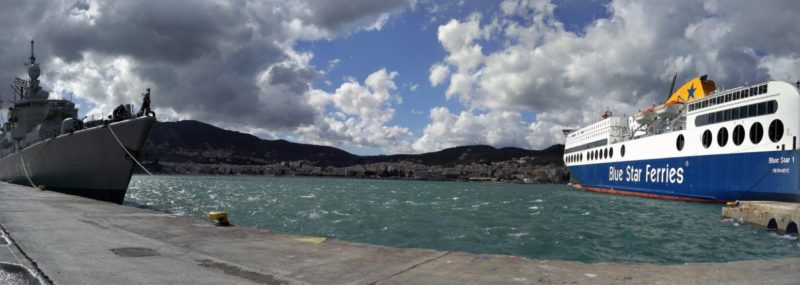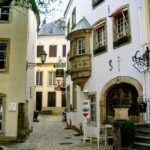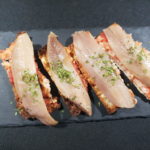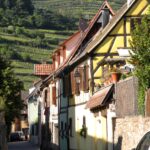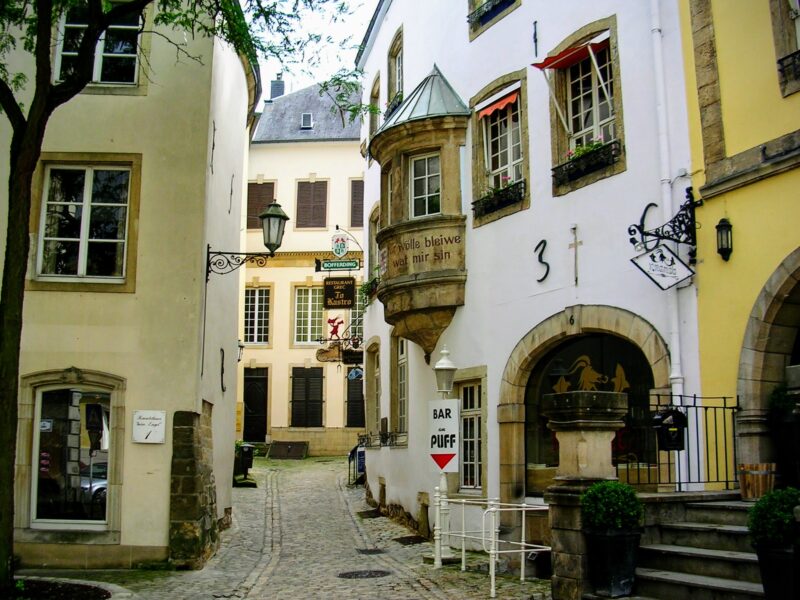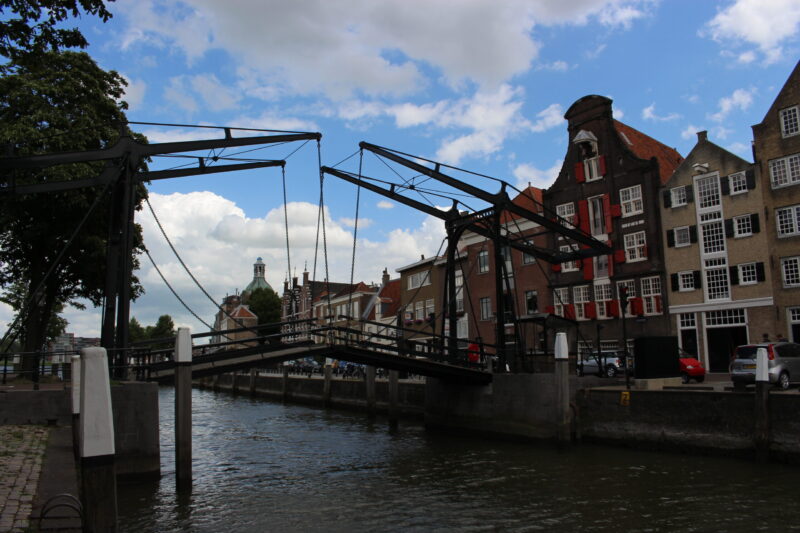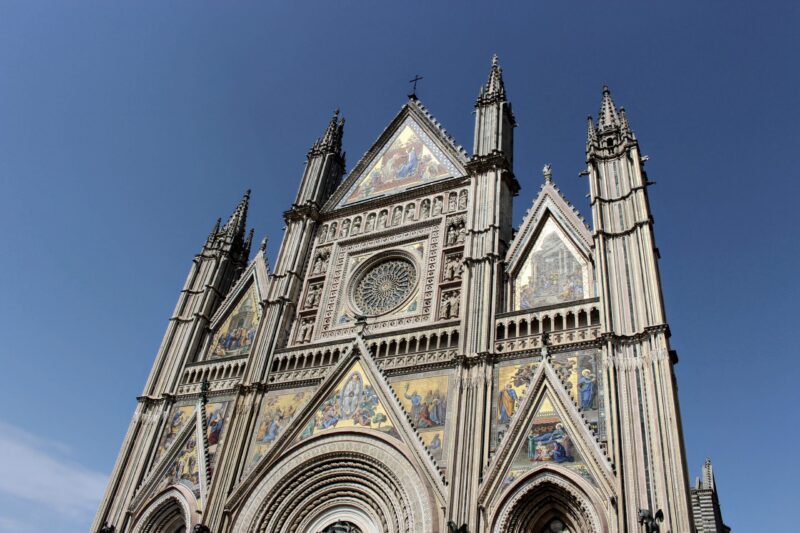Greece has an uncountable number of islands. Big, small, famous and unknown, flooded by tourists and the ones totally off the tourist track. Everyone has something to choose from. This time I’d like to tell you about one of those which is a bit less known by mass tourism. Lesbos – the third largest Greek island.
The first thing you associate with the island of Lesbos is the most famous female poet of Ancient Greece – Sappho. She lived in 6 century BC. Most of Sappho’s poetry is now lost, and what has survived is only in fragmentary form. With one exception – the “ode to Aphrodite”. For many, Sappho is a symbol of female homosexuality, even though some sources contradict it and even there is a legend that she killed herself because of a love to a man. Nevertheless, the island of Lesbos due to the fame of Sappho really did give its name to the sexual orientation. But that’s just the first reason to visit this island. There are many other.
The island gives a very good opportunity to see the real Greece. Not the postcard Greece like on Santorini with hordes of tourists doing selfies everywhere and not Crete or Rodos, with zones overcrowded with hotels filled in with mass tourists.
Lesbos has no glittering 5 stars hotels, no monster sized hotels with a thousand rooms or more.
Here you can enjoy magnificent Greek food in a simple Greek taverna, which looks a bit shabby from the outside, but has heavenly seafood inside. You can have a stressless drink in a small local bar in the capital of Mytilene with a view on the sea.
If we are speaking of food – do you know what food and what tastes did the Ancient Greeks and Ancient Romans like? Well – in general terms, their diet was a typical Mediterranean one. Honey, vinegar, garum (fermented fish sauce), dried herbs and spices were mixed skillfully and thus enriched fish, meat or poultry. This formed the dominant taste of Greek and Roman cuisine.
The balance between sweet and bitter, as well as between sour and unusual flavours was the secret of Greek cuisine. The Romans loved their food to be sweet, so they added lots of honey or grape juice into the sauces (sugar was unknown at that time). Wine was mixed with honey to form mead, which was served as an apetizer.
The Romans, especially during the times of the Emperors loved lavish dinner parties during which their food had to be luxiourious and exotic. Lark tongues, barren sow innards, dormouse, songbirds, parrots, peacocks, flamingos, urchin, seal, jellyfish, even camel hooves and cock combs were offered as delicacies.
The island of Lesbos, which was considered by wealthy Romans as a great holiday destination, as its forests offered shade during the hot months, was known for its grapes and prominent wine called pramneion. It was supposed not to give headaches and was really famous in Athens. Lesbos was also known of its seafood (that remains valid till today) which was probably farmed in special fishtanks.
The landmark of Lesbos is the castle of Mytilene. It is a vast fortress situated on a hill above the town. For centuries it was protecting the town from the invasions from the sea.
The castle was built by the Byzantine Empire and expanded by the Ottomans. It served various purposes- not only military ones. During the Ottoman times Turkish baths and a dervish school has been added. The castle is being continually refurbished. It is a gigantic task due to the size of the structure.
During excavations Byzantine glass grenades were found. They were used for the famous Greek fire, which played a crucial role in the defense of the Byzantine Empire. Greek fire, referred to by Byzantine chroniclers as “sea fire” or “liquid fire”, was primarily a naval weapon, used in ship-to-ship battle against enemy galleys. The exact composition was a well-guarded state secret, to the point that modern scholars continue to debate its ingredients, but the main method of projection is fairly clear, indicating effectively a flame-thrower.
The castle is certainly worth a visit, especially as there are few tourists climbing up the hill. The view from the top is splendid.
Lesbos is an underrated island and next time you plan to visit Greece – take into consideration going there, as you might really enjoy it!
